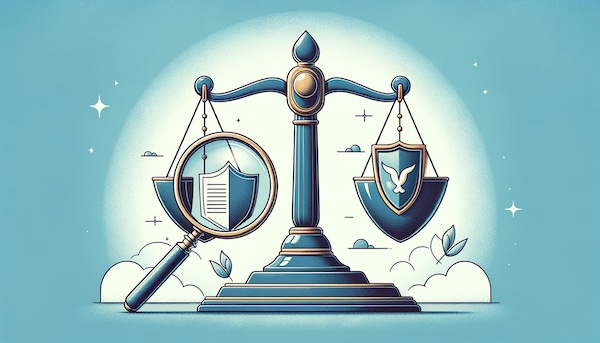When a person passes away without a will, it can create confusion and uncertainty regarding the distribution of their assets and property. One important aspect to consider in such cases is who has the power of attorney after death. Without a will, there may not be an appointed executor to handle the deceased person’s affairs, making it crucial to understand the legal implications and procedures involved.
The Role of Power of Attorney
A power of attorney (POA) is a legal document that grants authority to an individual, known as the agent or attorney-in-fact, to make decisions on behalf of another person, known as the principal. The power of attorney can cover a wide range of matters, including financial and property-related decisions. However, it is important to note that a power of attorney becomes void upon the death of the principal.
Related Article: Understanding Power of Attorney: Can It Be Overridden?
Intestate Succession
When someone dies without a will, they are said to have died intestate. In such cases, the distribution of the deceased person’s assets is determined by the laws of intestate succession, which vary depending on the jurisdiction. These laws establish a hierarchy of relatives who are entitled to inherit the assets.
In the absence of a will, the court will appoint an administrator to handle the estate administration process. The role of the administrator is similar to that of an executor (appointed in a will), but they are appointed by the court instead of being named in a will. The administrator is responsible for gathering the deceased person’s assets, paying off any debts and taxes, and distributing the remaining assets according to the laws of intestate succession.
Authority After Death
After the death of an individual without a will, the power of attorney ceases to be effective. The appointed administrator takes over the responsibility of managing the deceased person’s affairs. They are the ones who have the authority to act on behalf of the estate, including handling financial matters, settling debts, and distributing assets.
It is important to note that the authority of the administrator is limited to the estate and does not extend to managing the affairs of any surviving family members or beneficiaries. Their role is strictly focused on the deceased person’s estate and ensuring a fair distribution of assets in accordance with the laws of intestate succession.
Conclusion
When someone passes away without a will, understanding the power of attorney after death becomes crucial. In these situations, a power of attorney becomes void, and the court appoints an administrator to handle the estate. The administrator assumes the responsibility of managing the deceased person’s affairs, settling debts, and distributing assets according to the laws of intestate succession.
To ensure that your wishes are accurately reflected and to avoid any potential disputes or complications, it is always recommended to have a valid will in place. Consulting with an attorney who specializes in estate planning can provide you with the necessary guidance to navigate the complexities of power of attorney and ensure that your assets are distributed according to your wishes after your passing.


